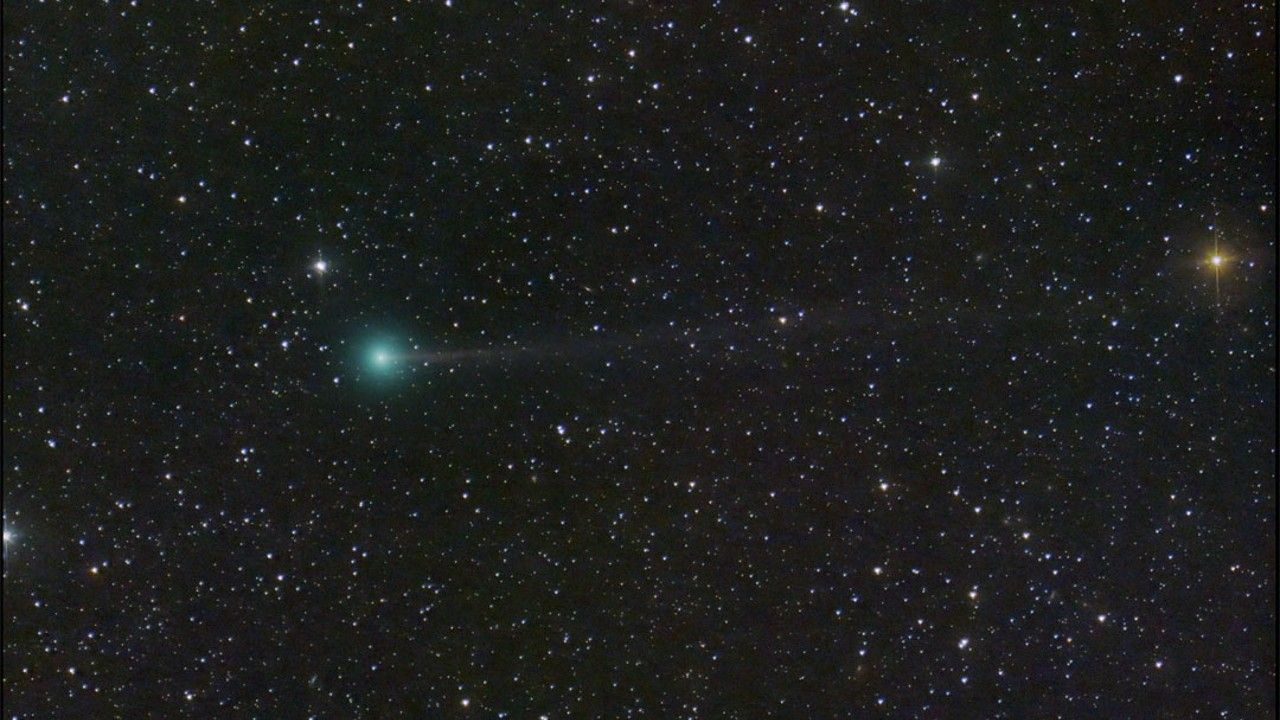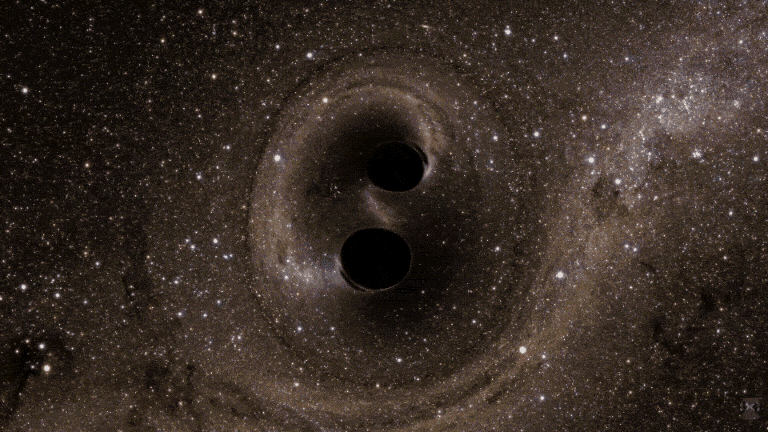The Quiet Demise of Breakthrough Starshot, a Billionaire’s Interstellar Mission to Alpha Centauri
NegativeScience
The ambitious Breakthrough Starshot mission, aimed at sending tiny spacecraft to Alpha Centauri, has quietly fallen by the wayside, shedding light on the challenges of relying on billionaire-funded scientific endeavors. This development raises concerns about the sustainability and direction of space exploration, as private funding can often lead to projects that lack long-term viability. The mission's abandonment serves as a reminder of the unpredictability in the realm of ambitious scientific goals.
— Curated by the World Pulse Now AI Editorial System









